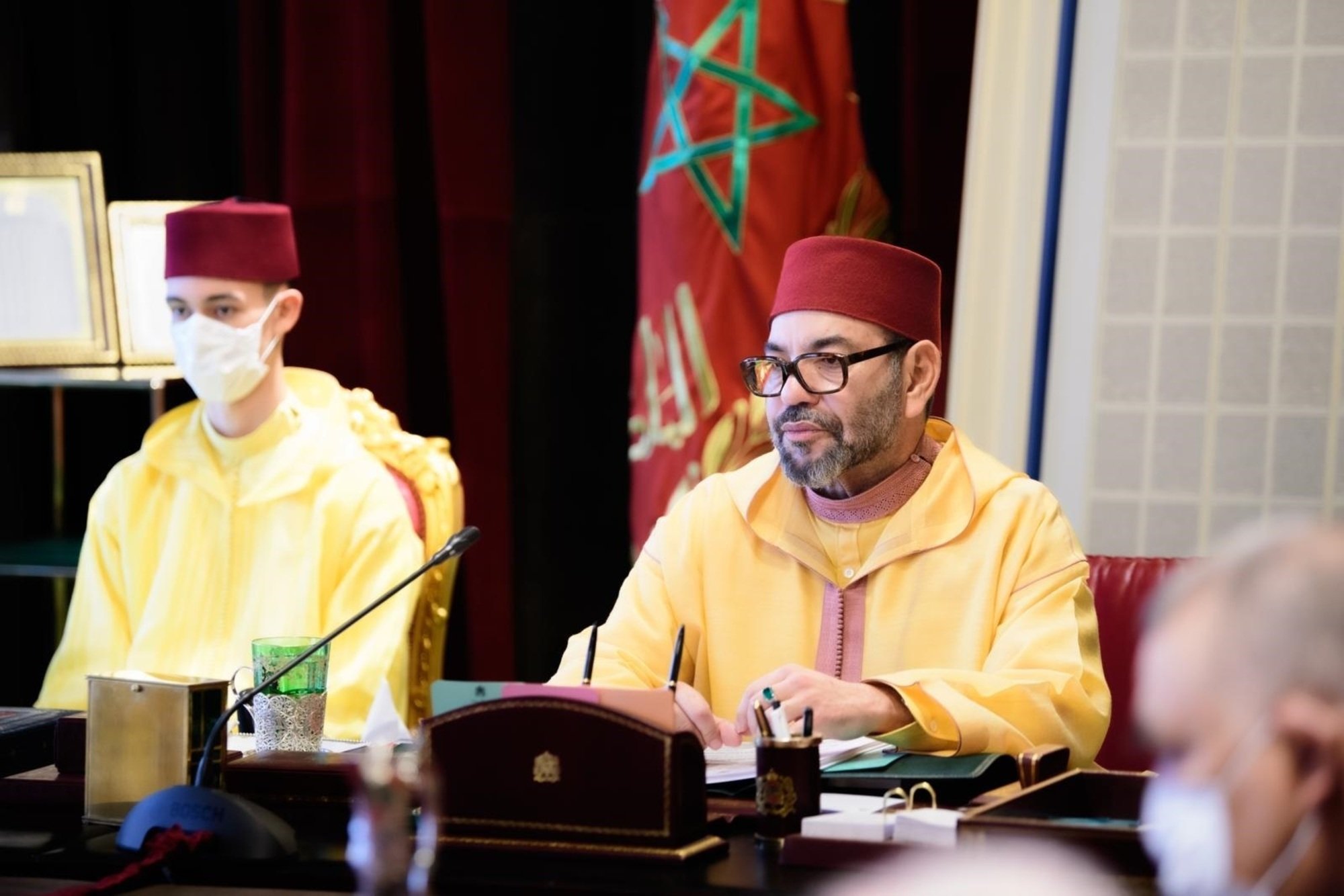"The kingdom of Morocco has no land borders with Spain, and Melilla remains an occupied prison." That was the emphatic declaration made by the Moroccan government in a letter sent to the UN Human Rights Council in response to the clarifications demanded of it over the "excessive and lethal use of force" against migrants of African origin in the events at the border fence of Melilla, one of Spain's two territorial enclaves on the North African coast, on June 24th this year. In the letter, as reported by Europa Press, the Moroccan government considers it "inaccurate" to refer to the dividing line between Morocco and Melilla as the "Spanish-Moroccan border", and that the line should be referred to as a "simple crossing point". The Spanish prime minister, Pedro Sánchez, responded by stating that "Ceuta and Melilla are Spain, fullstop".
In July, the UN Committee on the Protection of the Rights of Migrant Workers opened an investigation into the mass entry attempt in Melilla on June 24th, in which at least 23 people died. The organization demanded explanations from both Spain and Morocco to clarify how these deaths had occurred. Before answering about the action of the security forces that day, the government of the Maghrebi country stated its denial of the existence of a border in Melilla, which it considers "a simple crossing point".
These statements from Rabat come at a time when diplomatic relations between Spain and Morocco are considered good, after last April the Spanish PM decided to support king Mohamed VI on autonomy within Morocco for Western Sahara, a fact that has led to Algerian enmity towards Spain. The agreement made between the two countries included the restoration of "the full normalization of the movement of people and goods" and the "appropriate operations" to restore "control of customs and people in terrestrial and maritime spheres".
Morocco defends its action in Melilla
Morocco complained in the letter that it is the subject of "unprecedented" migration pressure and accuses Algeria of "laxity" in allowing the passage of thousands of immigrants bound for Moroccan territory. In particular, regarding the events at the Melilla fence on June 24th, the Rabat government brushes off responsibility and denounces that the migrants acted with "unusual violence" and that they were organized and in many cases had military training.
Thus, the text defends the actions of the Moroccan security forces and assures that they did not have any lethal firearms and that they did not shoot. It maintains that they acted "in absolute respect of the principle of necessity and proportionality in the use of force." At the same time, it denounces the propagation of false information and asserts that there were 23 deaths and not 37, which was the figure offered by a local human rights organization, also affirming that the autopsies carried out on all of those who died confirm their death were from suffocation in a human avalanche and not caused by firearms.
Having said all this, the Moroccan government rejects the accusation of "structural racism and discriminatory treatment to individuals of African descent" - the main object of the letter from the UN rapporteurs - since the country has carried out "vast operations to regularize immigrants in an irregular situation". Finally, the country transfers the responsibilities for the so-called "hot returns" of migrants to the Spanish authorities and states that "Morocco is only suffering the consequences of a phenomenon whose security management has already shown its limits".

